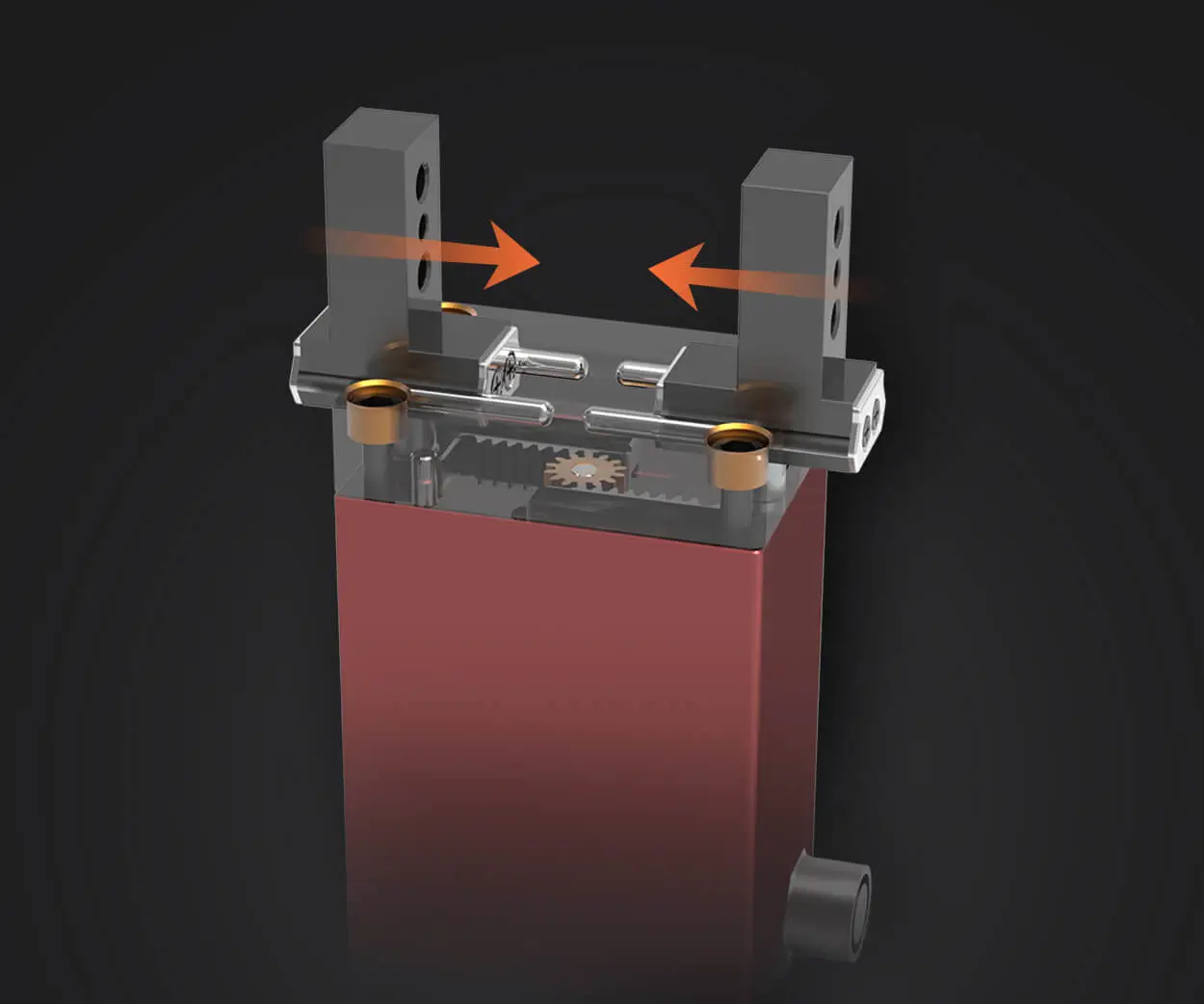part 1:
When it comes to designing or upgrading industrial machinery, automation equipment, or even some specialized DIY projects, one vital component often takes center stage: the gear motor. Specifically, the 240V gear motor has garnered significant attention in recent years, thanks to its versatility, power efficiency, and compatibility with standard electrical systems in many regions. But if you're in the market for one, understanding the landscape of 240V gear motor prices can feel a bit daunting.

Why is that? Well, like any industrial component, the price of a 240V gear motor isn't fixed. It varies based on numerous factors — from technical specifications to brand reputation, from the motor's intended application to the supplier you're buying from. Getting a clear picture of what you should expect to pay requires a blend of technical knowledge and market awareness.
To start, let’s understand why 240V gear motors are so popular. The voltage rating of 240V typically aligns with residential and commercial power supplies in many countries, such as the United States, Australia, and parts of Europe. This makes these motors particularly convenient as they can often be powered directly from existing electrical infrastructure, simplifying installation and reducing compatibility issues.
But beyond convenience, 240V gear motors are prized for their ability to handle a wide range of torque and speed requirements, making them suitable for everything from conveyor belts and automation systems to large-scale agricultural equipment. With such a broad scope of use, it’s no wonder that prices can span a broad spectrum — from economical, budget-friendly options to high-end, robust models engineered for demanding industrial environments.
Now, let’s dig into what influences the price of a 240V gear motor, starting with technical specifications. The main parameters that sway costs include horsepower (or torque capacity), gear ratio, efficiency, and durability. A basic 1/4 horsepower motor might be reasonably priced, while a high-torque, specialized model intended for heavy-duty applications will understandably cost more.
Gear ratios play a significant role too. Lower gear ratios tend to deliver faster speeds but less torque, often translating to less expensive models. Conversely, higher gear ratios provide increased torque and slow speeds, but they also come at a premium due to the complexity and craftsmanship involved in their manufacturing.
Material quality and manufacturing standards are pivotal. Premium brands tend to utilize high-grade materials, rigorous testing, and advanced engineering techniques, all of which add to the cost. Conversely, budget brands might cut corners in certain areas, making for cheaper models but possibly sacrificing longevity, efficiency, or reliability.
Another key factor influencing price is the intended application. Motors designed for continuous operation in tough industrial environments, such as food processing plants or heavy machinery, require specialized features like corrosion resistance, enhanced cooling, and sturdy housings. These additions naturally drive the price upward compared to simpler, lighter-duty models.
Furthermore, the brand name behind a gear motor can impact the price significantly. Well-established manufacturers like SEW-Eurodrive, Nord Drivesystems, or Siemens often command higher prices due to their reputation for quality, warranties, and after-sales support. On the other hand, lesser-known brands or generic options sourced from overseas markets might offer more budget-friendly prices but may lack the same level of quality assurance.
Now, the question arises: how much should you expect to spend on a 240V gear motor? Prices can range anywhere from a few hundred dollars for small, basic models to several thousand dollars for high-end, industrial-grade units. For example:
Small-scale, light-duty gear motors can start around $200-$400. Mid-range models suitable for general automation tasks often fall between $500-$1,200. Heavy-duty, specialized, or industrial-grade gear motors might cost $2,000 or more.
Your choice depends on your specific needs, budget, and the operational environment in which you'll deploy the motor. Recognizing the value of investing in a reliable, durable motor can save you money in the long run by minimizing downtime, maintenance, and replacement costs.
In this continuation, we will explore how to evaluate these options based on your project requirements and what to consider when looking for the best value in 240V gear motors. We'll also share tips on how to approach suppliers, ensure quality, and make an informed decision that aligns with your goals.
Leveraging innovations in modular drive technology, Kpower integrates high-performance motors, precision reducers, and multi-protocol control systems to provide efficient and customized smart drive system solutions.




































